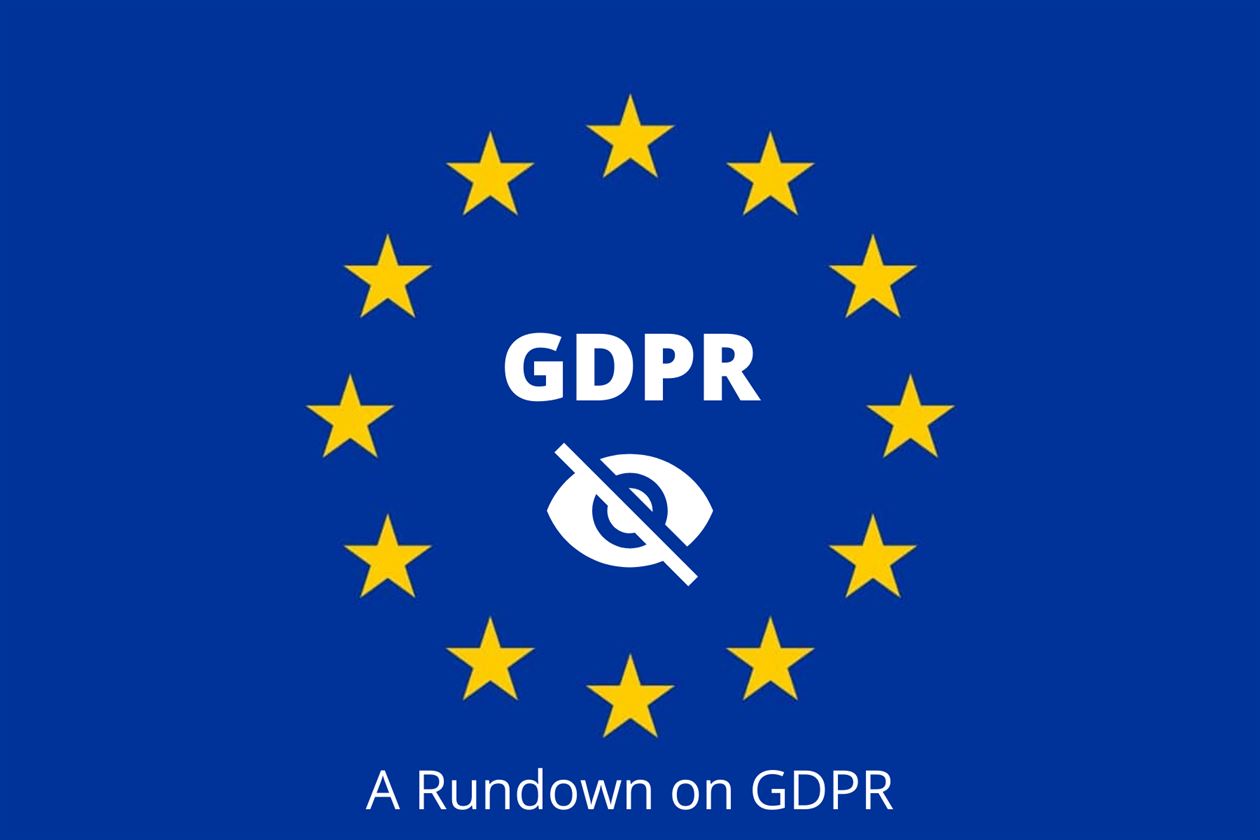The General Data Protection Regulation is a regulation in the European Union law that protects the privacy of the customer’s personal data. All the companies in the European Union and the companies dealing with EU have to abide by GDPR.
In this information technology-based era, infringement of privacy is the primary concern and hence GDPR becomes the need of the hour. This also makes the business dealings more transparent and the customers are willing to be a part of the business. It is basically a win-win situation if the GDPR compliance is properly maintained.
Under GDPR, the merchants are required to follow stringent legalities of handling personal data right from acquiring it, to preventing its exposure and misuse. This would also help in preventing the circulation of sensitive data over the internet. Personal data includes name, address, photos, IP addresses, genetic and biometric information. GDPR might sound like a burden but it is also the key to building brand reputation and attracting customers by gaining trust and by maintaining confidentiality. Some other associated benefits of GDPR for the businesses would be-
- Homogenized methodologies implied by GDPR for data processing have helped in maintaining compliance across borders.
- Increased data security helps in keeping data breaches at the bay.
- Instead of complying with 28 regulations because of GDPR, the companies under the EU only need to abide by a single law.
These were the positive attributes of GDPR but there are fines as well for non-compliance. Based on the severity of the breach the fine can be anything between 10 million Euros to four percent of the company’s annual turnover. GDPR has major advantages for all small- and large-scale businesses, so complying with it and reducing penalties should be of prime importance to all the companies.
‘Good data practices can only lead to long term success.’


